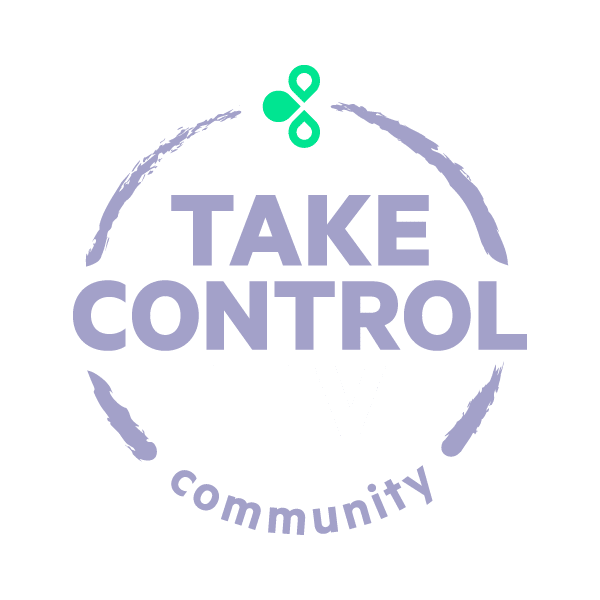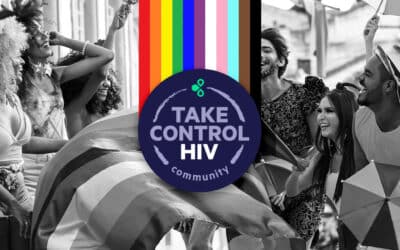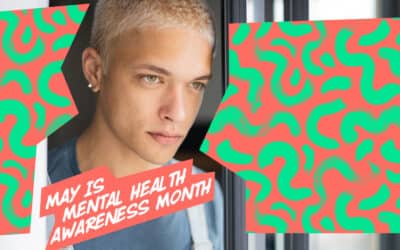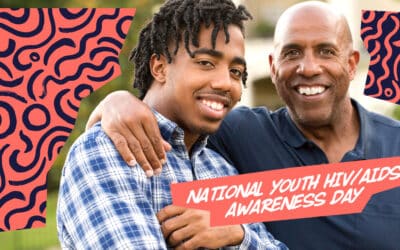Read five popular HIV myths, why they’re not true and how you can help put a stop to HIV stigma.
Since the HIV/AIDS epidemic began, stigma and stereotypes have affected the lives of those living with HIV and even those who are not. Stigma has led those who test positive to believe they’ve been given a death sentence and those who have not yet been tested to believe testing isn’t something they need.
But with the help of research and science, we know HIV is not a death sentence – anyone who tests positive has the power to live a positive, healthy life with the help of HIV treatment. We also know how important it is to get tested for HIV to know your status and stop the spread.
With so many HIV resources available today and a better understanding of HIV, it’s up to us to speak out, educate our communities and encourage everyone to take charge of their sexual health.
So, let’s set the record straight on the myths you’ve heard about HIV:
- Myth: I have HIV, my life is over
Fact: Having HIV does not mean your life is over – in fact, being HIV-positive is a chance for you to rewrite your story and inspire others to do the same. You can still follow your dreams, be successful and live a healthy and happy life.
It’s up to you to take control of your life, body and health, and share your positive status with your partner, family and friends. Be proud of yourself, speak up and empower others to live a positive life.
- Myth: I can’t have sex because I have HIV
Fact: You can have sex if you’re living with HIV. There are many ways you can still have and, most importantly, enjoy sex while protecting yourself and your partner(s).
Use protection (e.g., condoms or dental dams) and start HIV treatment as soon as possible if you haven’t already. Make sure to take your medicine as prescribed, so you can reach an undetectable HIV status to enjoy safe sex.
If your partner has HIV, ask your doctor to prescribe you PrEP to lower your risk.
- Myth: HIV is a gay disease
Fact: Anyone is at risk. No matter who you are, anyone who’s sexually active and not using protection or using PrEP is at risk for HIV. Stop the spread of HIV and protect yourself and your partner.
- Myth: I’m older, so I can’t get HIV
Fact: Like many people say, age is just a number, so it doesn’t matter how old you are if you are sexually active. Aging populations should not be afraid of talking to their health care providers, wearing protection, staying informed about HIV risks, and getting tested.
- Myth: HIV and AIDS are the same
Fact: They are not the same. HIV is a virus that attacks your immune system, whereas AIDS refers to the progression of HIV in your body. You can have HIV and not have AIDS, but if you have AIDS, you’ll also have HIV.
It’s essential to get tested as soon as you know you might be infected; the sooner you know, the sooner you can start treatment and prevent the spread. Successful treatment and proper medication can slow the progression of HIV and increase your life expectancy, helping you live a healthier life.
Break HIV stereotypes today. HIV does not define who you are, and it does not control your future. Visit TakeControlHIV.com for more ways to educate yourself about HIV and join us in the fight against HIV stigma.










